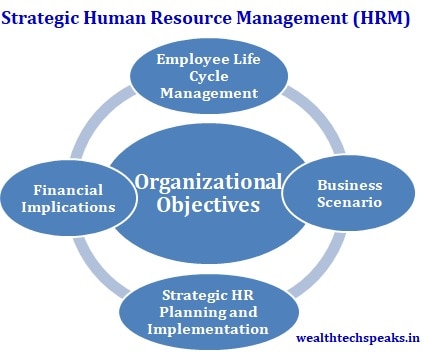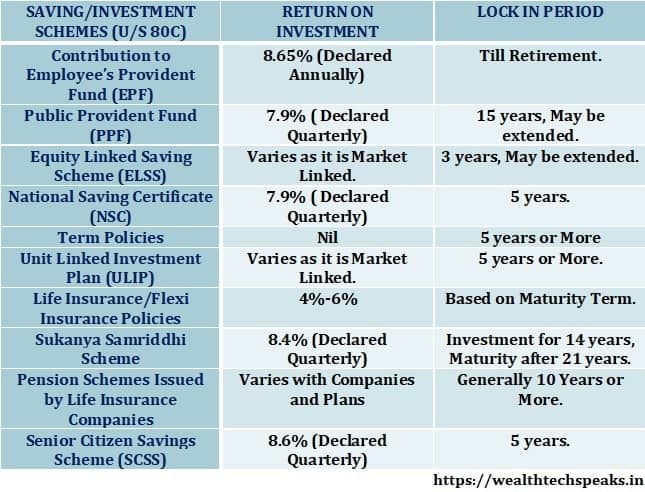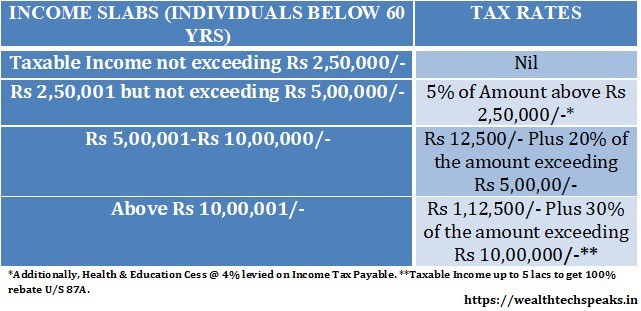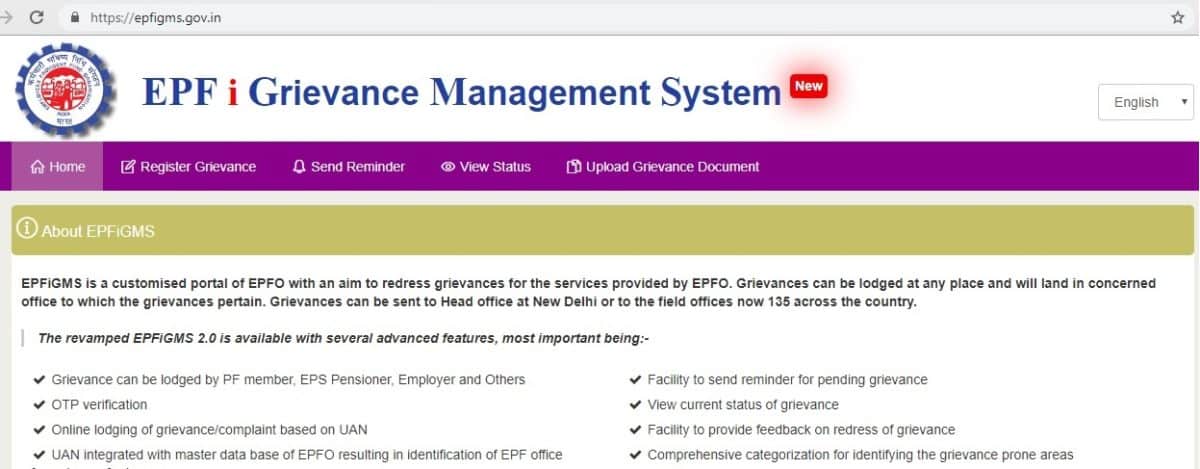
How to Select Best Mutual Funds for Investment?
- Posted By Amritesh
- On June 2nd, 2021
- Comments: 7 responses
Mutual Funds emerged as the preferred choice for investment among Individuals during the pandemic. The low rate of interest offered by Small Savings Scheme and Bank Deposits encouraged investors to turn towards Mutual Funds. In 2020, Mutual Funds added approximately 72 lakhs new portfolios as per the data shared by Associations of Mutual Fund in India (AMFI). Investment in Equity and Equity Mutual Funds is still in nascent stage in India, but number is steadily growing. Currently, just 4% of the Indian population invests in Equities while Indian Mutual Funds Asset under Management (AUM) to GDP ratio stands at 12%. In comparison, in United States roughly 55% of the population invest directly or via the mutual fund in stocks. Even the global average of AUM/ GDP stands at 60%. However, it is very important to select best mutual funds for investment.
Get Your Free Demat Account for Investment in Stocks & Zero Commission Mutual Funds (Click Here)
In the recent times, Small Savings Schemes and Bank Deposits interest rates has been going south. Conventional investment products such as Public Provident Fund (PPF), National Savings Certificate (NSC), Term Deposits no longer remain attractive due to falling returns on investment. This has propelled investors to explore investment in equities and equity mutual funds. The past performance of the equity market has instilled confidence among investors to invest in equities directly or via the equity mutual funds. The investment in Mutual Funds requires patience & perseverance from the Investor in order to achieve the desired financial objectives. Equity oriented mutual funds are potentially high return investment product but certain amount of risk is also associated with the investment. Therefore, an investor should understand the associated risks while investing in equity or equity oriented mutual funds. Selection of best mutual funds for investment depends on number of factors.
How to Select Best Mutual Funds for Investment?
Let’s first clear the misconception here, the idea of selecting the best mutual fund for investment is not entirely correct. The reason being, performance of mutual funds keeps changing. It is difficult to predict the future performance of the fund. Any fund yielding great returns today does not assure that it will continue to do so in the future as well. Same holds true for the mutual funds which may be struggling during the current period. Therefore, focus should be on selecting the right mutual fund which would eventually turnout to be the best for investment. Even before starting, Investor should be very clear about few of the points related to the investment.
Goal: The financial objective should be clear in the mind of the investor. The Investor should identify his/her financial objectives before investing and accordingly decide on the tenure and mutual fund category for investment. This will help in selecting the right mutual fund for investment.
Investment Horizon: Investment tenure is very important while selecting mutual fund category. Tenure of the Mutual Fund schemes range from a day to more than 10-15 years. Based on the investment tenure, one may select the mutual fund category for investment. However, equity markets are volatile in nature so short-term investments may prove risky. Equity Mutual Funds tend to perform well if the investment period is at least 5-7 years. For short term, investing in debt mutual funds makes sense.
Direct vs Regular Mutual Fund Plan: Difference
Risk Appetite: Securities Exchange Board of India (SEBI) has mandated that all mutual fund houses should display 5-level risk-o-meter, stating the risk level associated with the investment in the respective Funds. The risks are classified as low, moderately low, moderate, moderately high & high. Investors should plan their investment based on their risk appetite. The risk-return ratio needs to be analyzed by the investor before investing.
Selection of Fund Category: Investors need to select the Fund Category based on investment horizon, risk appetite and their financial objectives. Securities Exchange Board of India (SEBI) has categorized Mutual Funds schemes for the convenience of the investors. SEBI has categorized mutual fund schemes as Equity, Debt, Hybrid, Solution Oriented & Others. Investors need to evaluate the fund needed to meet the financial objectives, along with investment period and assessment of risk which may be associated with the investment.
Key to Select Best Mutual Funds for Investment
Selection of the right fund and category is very important for Investors. Individuals need to be careful while investing in Equity and Equity Oriented Funds, as the returns are unpredictable due to volatile nature of the Capital Market. Even though, past performance cannot be a foolproof indicator of the future performance but it would enable investor to take an informed decision. Equity Mutual Funds allocates its asset in diversified stocks and returns on these investments impact the performance of the Fund.
Risk Ratios
Evaluation of risk associated with Mutual Fund schemes is very important. Mere comparison of fund returns with its benchmark index may not be sufficient to determine the viability of the Fund. Risk Ratios helps in analyzing the risk-reward relation and volatility associated with any particular Fund enabling investors to pick the right fund for investment.
Asset under Management (AUM)
It may not appear as a critical factor. However, it lends creditability to the Fund which is crucial for the Investment. It provides cue about the performance of the Fund. Large AUM size is the indicator of the success enjoyed by the Fund. In my opinion Funds with AUM above Rs 1,000 crore backed by consistent performance may be considered for investment. AUM size may also be linked to the confidence of the investors in the fund.
Fund Performance: Consistency
Consistent Performance instills confidence among the Investors regarding investment in the particular Fund. Any mutual fund outperforming the benchmark indices and fund category average on consistent basis may be a considered for investment. Fund Managers play a pivotal role as they are responsible for managing the fund. Therefore, fund manager’s experience in managing funds is an important aspect to be taken into consideration.
Expense Ratio
Expense Ratio is the percentage of fund charged as operating expense by the Asset Management Companies (AMC) to manage the pool of funds. It comprises of administrative cost, management fee, marketing & distribution expenses. Expense Ratio impacts the return on investments. In general, expense ratios ranges from 0.1% to 2.5% in India. Moreover, expense ratio on Direct Mutual Fund plan is considerably lower when compared to the Regular Plan.
Free Demat Account for Investment in Direct Mutual Funds (Click Here)
Passively managed funds such as Index Fund have the lowest expense ratio among Mutual Funds.
Thus, Individual needs to take all these aspects into consideration before investing.
Mutual Fund Ratings
Credit Rating agencies rank the Mutual Funds based on set criterion. Ratings may not always accurately reflect the future performance of the fund. But it provides an insight about the fund performance and stability when compared to its peers. These ratings are based on certain parameters such as Past Performance, Returns, Volatility, etc. The ratings include qualitive and quantitative benchmarks designed to evaluate the viability of the Fund.
Thus, Mutual Fund Ratings allows investor to take an informed decision.
Tax Implications
Tax implication is one of the important aspects which should be considered before investing. Long Term Capital Gains (LTCG) from Equity or Equity oriented funds up to Rs 1,00,000/- (Rs 1 lac) is exempted from tax, but gains above the exempted limit is taxed @ 10% without the indexation benefit. Short Term Capital Gains is taxed @ 15%. Investment in Equity & Equity oriented Mutual Funds redeemed after 12 months or more qualify as LTCG. In case of Debt Funds, the holding period to qualify as LTCG is 36 months. For Debt Funds, LTCG is taxed @ 20% with indexation benefit for Non-equity fund while STCG is calculated as per the applicable income tax slab for the Individual. Equity Linked Savings Scheme (ELSS) is eligible for deductions U/S 80C and has a lock-in period of 3 years.
Final Words
Investors may get confused with plethora of mutual fund schemes on offer from number Asset Management Companies (AMC). However, if an investor indulges in bit of research and understands the basics, it is not very difficult to select best mutual funds for investment. The key to investing in Equity Mutual Funds is to remain patient, avoid taking panic-stricken decisions, refrain from taking excessive risks out of greed.
Do subscribe to our WealthTech Speaks YouTube Channel & also our Blog as it keeps us motivated to post new content. In case you are interested in investing in Stocks, get your free Demat today (Click Here).
Wealthtech Speaks is not responsible for any errors or omissions, or for the results obtained from the use of this information. All information in this site is provided “as is”, with no guarantee of completeness, accuracy, timeliness or of the results obtained from the use of this information and without warranty of any kind, expressed or implied, including, but not limited to warranties of performance, merchantability and fitness for particular purpose.








I have been surfing online more than 3 hours today, yet I by no means found any attention-grabbing article like yours. It is pretty value sufficient for me. Personally, if all site owners and bloggers made good content material as you did, the web might be a lot more helpful than ever before.
Appreciate you for sharing all these wonderful posts. In addition, the optimal travel along with medical insurance plan can often relieve those issues that come with vacationing abroad. A medical emergency can rapidly become very expensive and that’s sure to quickly impose a financial load on the family’s finances. Setting up in place the ideal travel insurance bundle prior to setting off is worth the time and effort. Thanks a lot
Thanks for your post. I have continually seen that the majority of people are desperate to lose weight as they wish to appear slim and also attractive. Even so, they do not always realize that there are additional benefits to losing weight in addition. Doctors state that obese people experience a variety of diseases that can be perfectely attributed to their excess weight. Thankfully that people who sadly are overweight in addition to suffering from several diseases are able to reduce the severity of their own illnesses through losing weight. It is easy to see a continuous but noted improvement with health when even a minor amount of losing weight is accomplished.
Thanks for your information on this blog. A single thing I would like to say is that purchasing consumer electronics items through the Internet is nothing new. In reality, in the past decade alone, the marketplace for online consumer electronics has grown significantly. Today, you will discover practically almost any electronic gizmo and gizmo on the Internet, from cameras as well as camcorders to computer elements and games consoles.
One thing I’d really like to say is the fact car insurance canceling is a feared experience so if you’re doing the right things like a driver you simply will not get one. A lot of people do get the notice that they are officially dropped by their insurance company they have to fight to get further insurance after a cancellation. Low cost auto insurance rates are often hard to get from cancellation. Knowing the main reasons regarding auto insurance canceling can help car owners prevent burning off one of the most critical privileges offered. Thanks for the suggestions shared by your blog.
Attractive section of content. I just stumbled upon your website and in accession capital to assert that I get in fact enjoyed account your blog posts. Anyway I?ll be subscribing to your feeds and even I achievement you access consistently fast.
Thanks for your short article. I would also like to say that the health insurance brokerage also works for the benefit of the coordinators of your group insurance. The health insurance agent is given a listing of benefits desired by somebody or a group coordinator. Such a broker does indeed is search for individuals as well as coordinators which in turn best complement those demands. Then he reveals his referrals and if both parties agree, this broker formulates legal contract between the 2 parties.